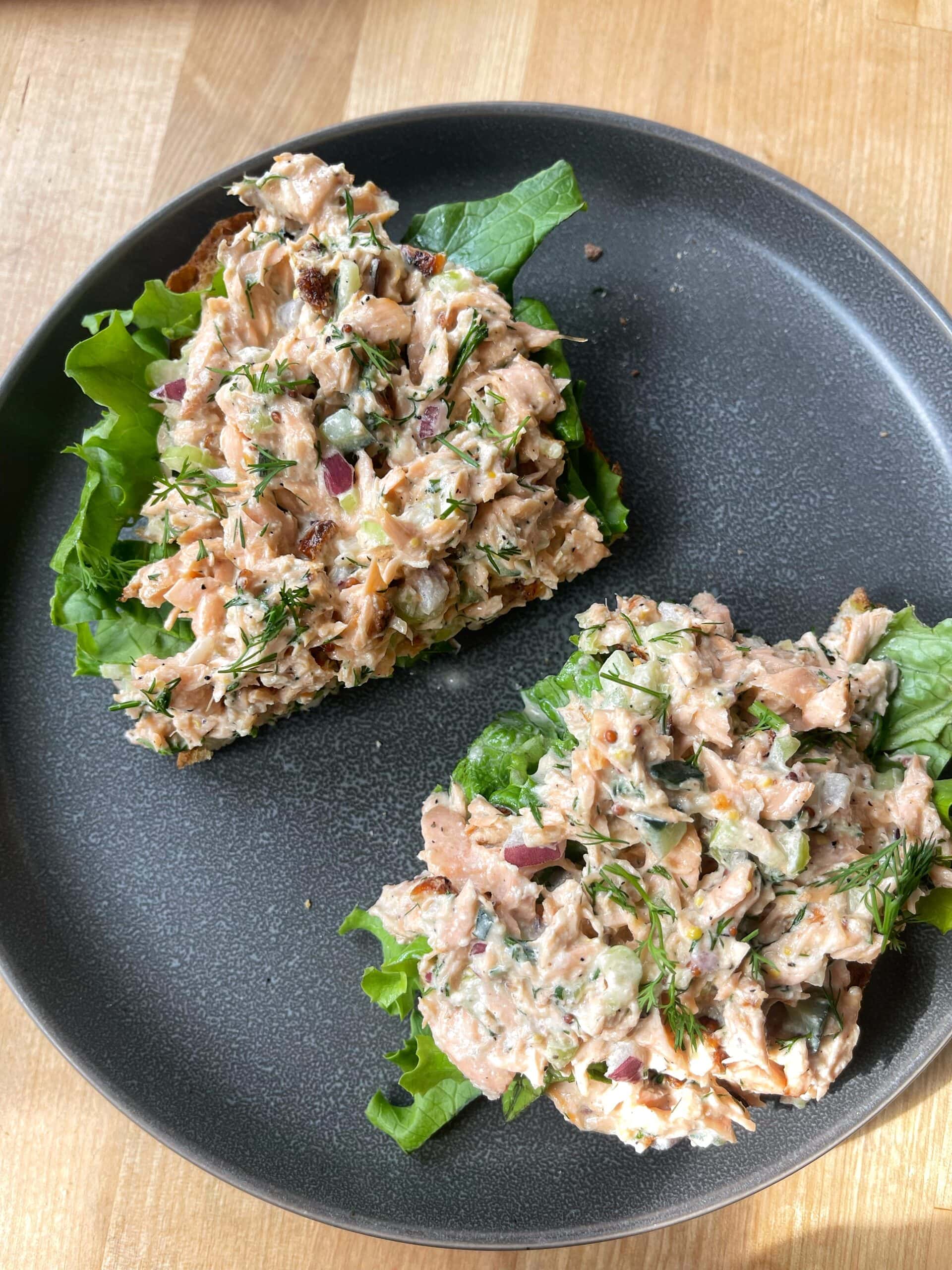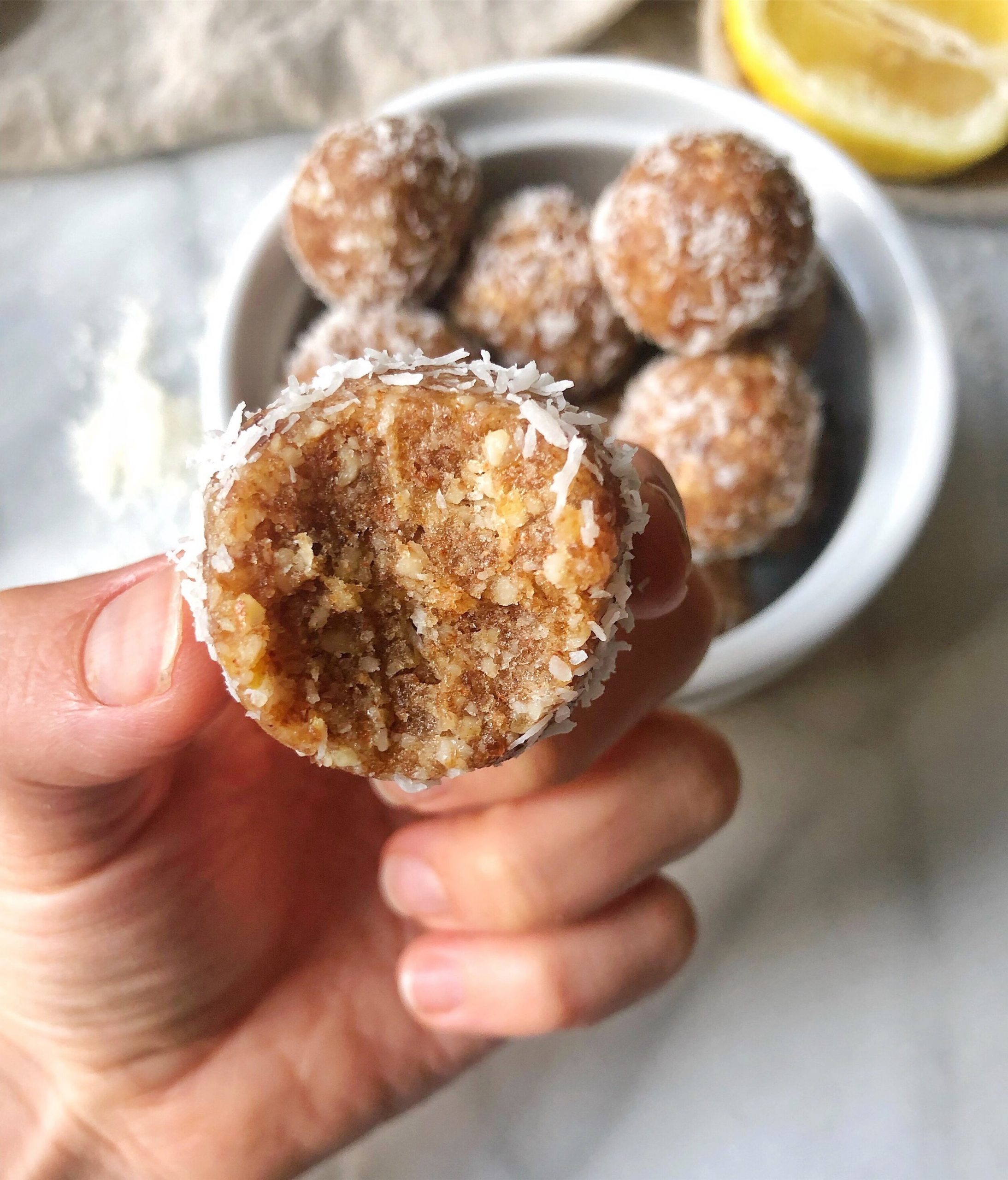8 Tips to eating healthy on a budget
A lot of times I’ll hear that healthy eating feels unattainable on a budget. That’s definitely not the case! You can totally create good for you meals while still working on a budget. Plus, I bet they won’t be lacking in flavor either.

Plan out meals in advance: This is a great way to make sure you’re not purchasing items that won’t get used up each week! When you plan out what you’re making for the week, you can better choose the necessary ingredients at the store each week. Not only does this help with the budget but also in minimizing food waste so it’s a win/win!
I like to break out my meal plan into breakfast, lunch and dinner. That way you can get a good look at everything you’re making and how you can use different ingredients in your other recipes for the week.
Utilize meals that will have leftovers: When planning out your meals, look for recipes that will have leftovers so you can have the next day. This is a great way to not only be cooking/in the kitchen every day but also save money throughout the week. Some recipes that I love that always have leftovers are:
- Shrimp & Asparagus Pasta with Creamy Avocado Sauce
- BLT Pasta Salad
- Peanut Butter Banana Overnight Oats (makes 2 servings)
- Southwestern Chicken & Rice Casserole
- Chipotle Tuna Salad
Take advantage of pantry and freezer items: Pantry and freezer items last longer! So stocking up on items that you can use for different meals is a great way to eat on a budget each week. Some options include:
- rice
- canned beans
- pasta
- tuna
- frozen veggies
- frozen burgers/patties.
Some recipes that include a lot of pantry/freezer items are:
Don’t get caught up in the name brands: You can still get great items that are the store brand label. A few items that I can think of are:
- Nut butters (a lot of stores make their own that are great!)almond milk
- Condiments
- Frozen fruit/veggies
- Chicken sausage (I love the 365 brand from Whole Foods or the Trader Joes)
Name brand items come at more of an expense then the store brand label.
Use bulk bins: This is a great way to buy some common items at a lower price than getting them packaged at the store. Think oats, flours, seeds, nuts, and spices. Utilize these rather than purchasing the packaged nuts because it definitely saves!! If you need a spice, but it isn’t one that you use a lot of, utilize the bulk spices to get just what you need instead of buying the whole jar.
Focus on items you can get multiple use out of: This goes back to when you start planning for the week! When thinking about meals for the week, think about produce that you can use in your dinner for two different recipes. Or if getting a dip or sauce, how can you use that so it doesn’t go to waste? Creating a plan for your meals can go a long way 🙂
Don’t fall for pre-chopped fruit or veggies: Usually when items are already chopped and packaged together for you, they are pricier. You know at the store where they already have the saute ingredients chopped and ready for you? Or the fruit thats packaged in the containers. Skipping this and instead taking some time at the beginning of the week to prep will definitely help you save!
Choose wisely between organic and non-organic: Don’t feel like you need to buy all organic foods. Refer to the Dirty Dozen if you decide to buy organic. This includes for 2020 (read more about it here):
- Strawberries
- Spinach
- Kale
- Nectarines
- Apple
- Grapes
- Peaches
- Cherries
- Pears
- Tomatoes
- Celery
- Potatoes
Just remember to wash your fruit and veggies no matter if purchasing organic or non organic 🙂
I hope this was helpful! Let me know if you have any other tips for eating healthy on a budget.
xx





